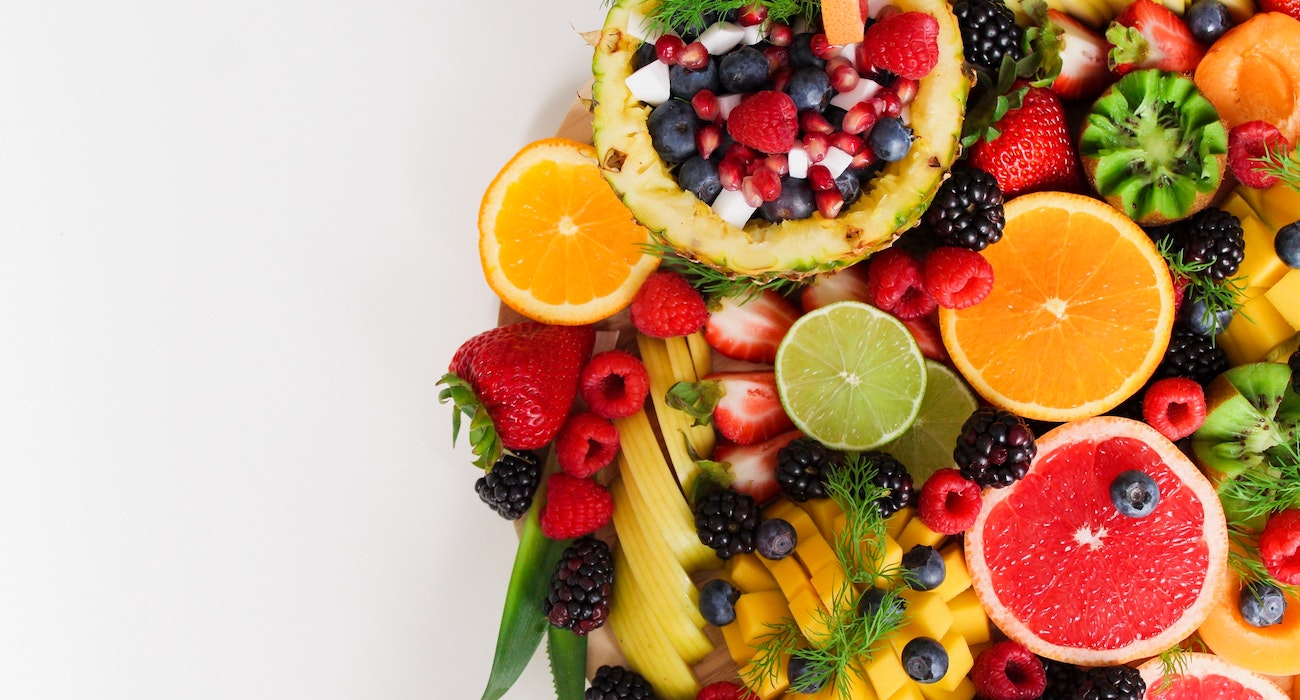Planning carefully is necessary to guarantee that a vegan diet provides your body with the nutrition it needs. If you want a blog post on Nutrition, then you can choose our platform and you can post your blog on the Nutrition Write For Us category.
Here is a tip on how to get all the nutrients you need when eating a vegan diet:
- Include a range of plant foods high in protein, such as tofu, tempeh, seitan, nuts, seeds, and whole grains, as well as legumes (beans, lentils, and chickpeas).
- The amino acid composition of your diet can be improved by combining various plant protein sources.
- Choose calcium-enriched cereals, fortified orange juice, and plant milk like soy, almond, oat, and others.
- Include foods high in calcium such as leafy greens (kale, collard greens, and bok choy), figs, almonds, tahini, and fortified tofu in your diet.
- Consume plant foods high in iron, such as tofu, lentils, beans, quinoa, pumpkin seeds, and fortified cereals.
- Combine plant-based sources of iron with foods high in vitamin C, such as citrus fruits, bell peppers, and broccoli, to improve iron absorption.
- Vitamin B12, Think about taking a supplement or ingesting foods fortified with B12, such as cereals, nutritional yeast, and plant-based milk.
- Include flaxseeds, chia seeds, walnuts, and hemp seeds in your diet to get omega-3 fatty acids from plants.
- A direct source of DHA and EPA is an omega-3 supplement based on algae.
- Spend time outside to promote the production of vitamin D naturally. If it can't be done, think about taking a vitamin D supplement, especially if you don't get much sun.
- Look for cereals and plant-based milk that have been fortified with vitamin D.
- Include foods high in zinc, such as tofu, beans, lentils, whole grains, nuts, and seeds.
- Legume and grain soaking, sprouting, or fermentation can improve zinc absorption.
- Iodine: To guarantee a proper intake, use iodized salt or sea vegetables (like nori).
- Whole plant foods naturally include a lot of fiber. To achieve your fiber requirements, eat a mix of fruits, vegetables, whole grains, legumes, nuts, and seeds.
- Vitamins A, C, and E: To acquire a variety of antioxidants, including vitamins A, C, and E, eat a colorful assortment of fruits and vegetables.
- For gut health, consume fermented foods like tempeh, kimchi, sauerkraut, and dairy-free yogurt.
- Hydration: To stay hydrated, sip copious amounts of water throughout the day.
- Plan nutritious meals that incorporate a variety of plant-based foods to satisfy the needs of various nutrient groups.
- Give whole, barely processed meals precedence over highly refined ones.
- Consultation: To develop a customized meal plan and address any particular nutrient needs, think about visiting a licensed dietitian who specializes in vegan nutrition.
Keep in mind that variety and balance are essential when eating a vegan diet. You may lead a well-rounded and nutritionally full vegan lifestyle by paying attention to your nutrient intake and making educated dietary decisions.
Drink enough water all day long to stay hydrated and support your body's numerous functions. Infused water and herbal teas can also bring variation.
Plan your meals so that they are well-balanced and contain a variety of colorful fruits and vegetables, lean proteins, and healthy fats.
To keep meals interesting, experiment with various cooking techniques like roasting, steaming, sautéing, and raw preparations.


.jpg)



0 Comments